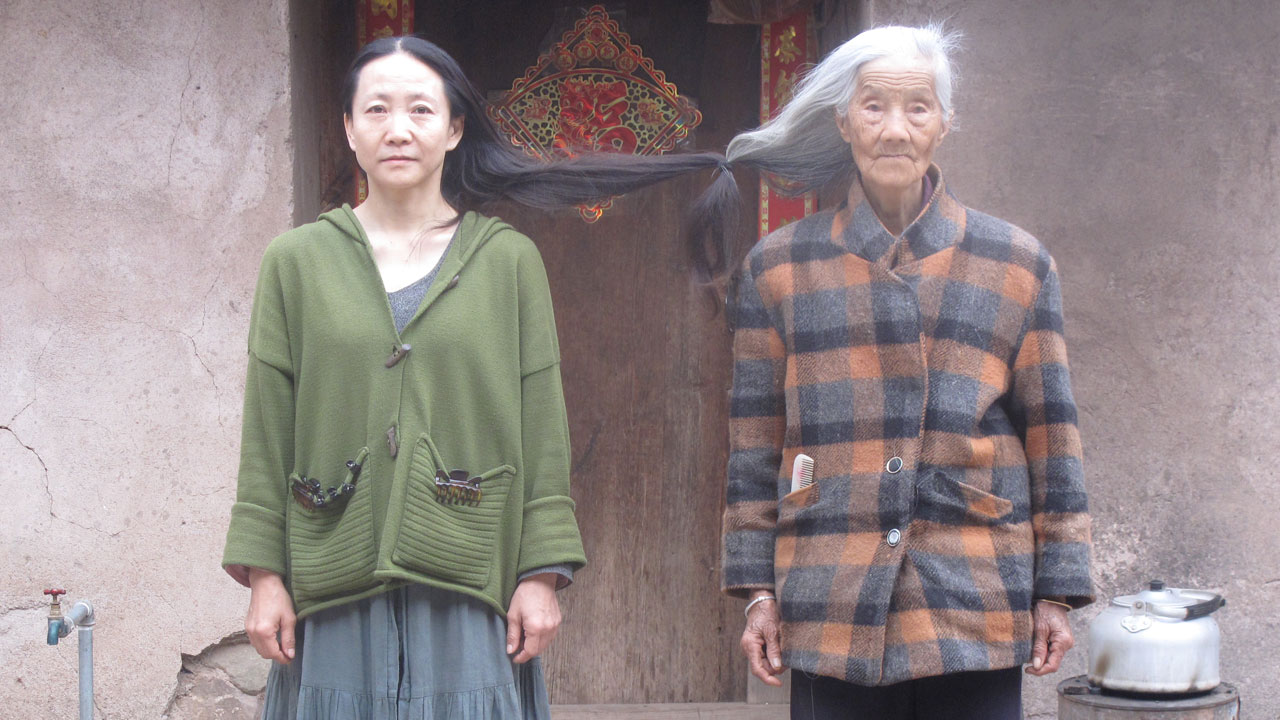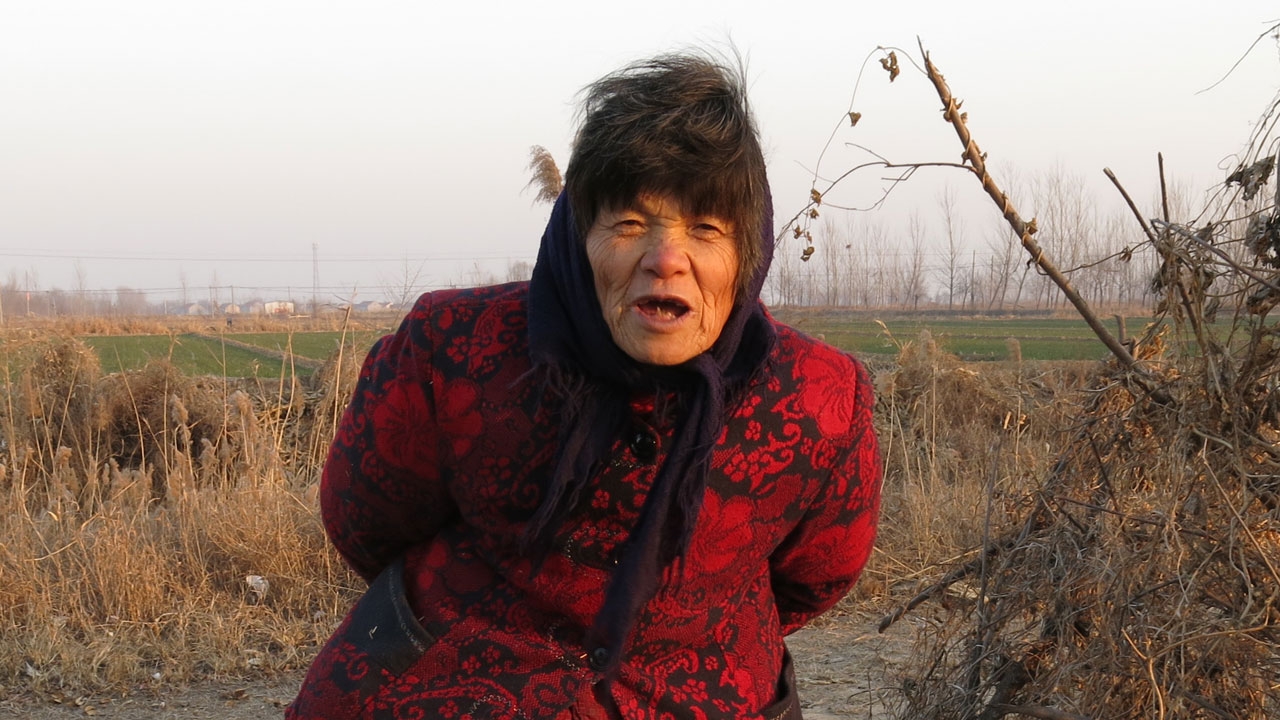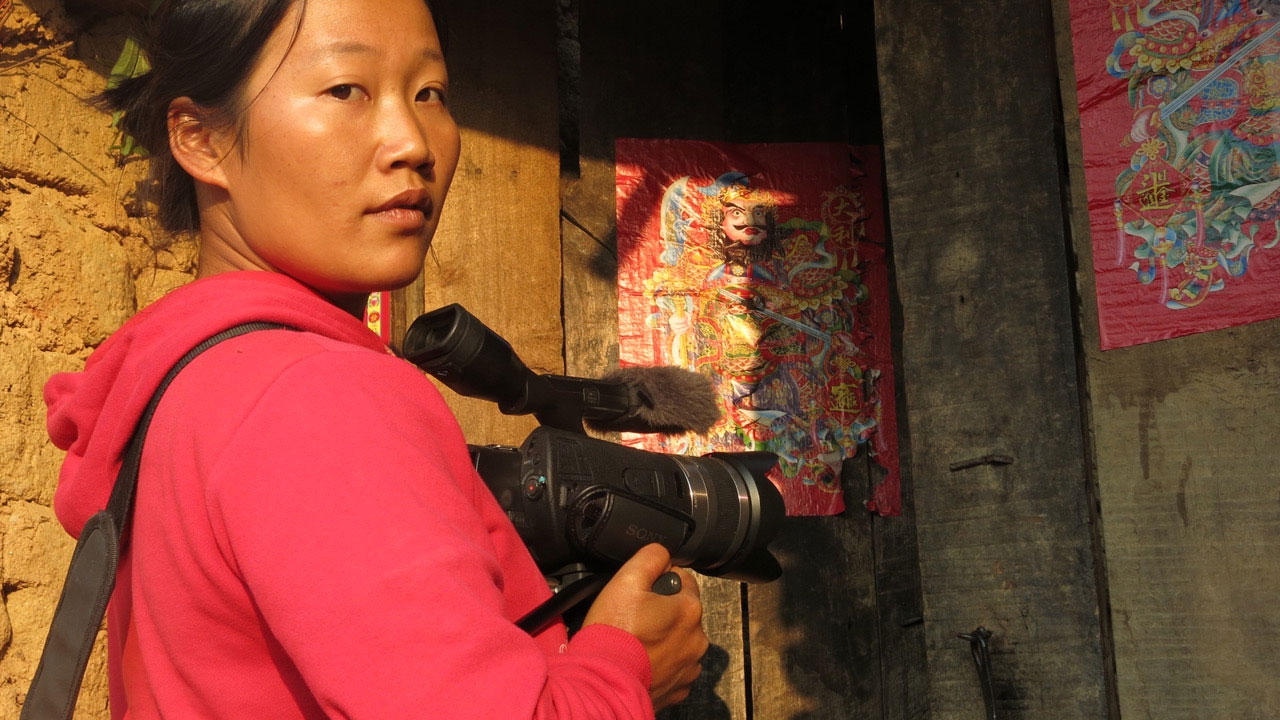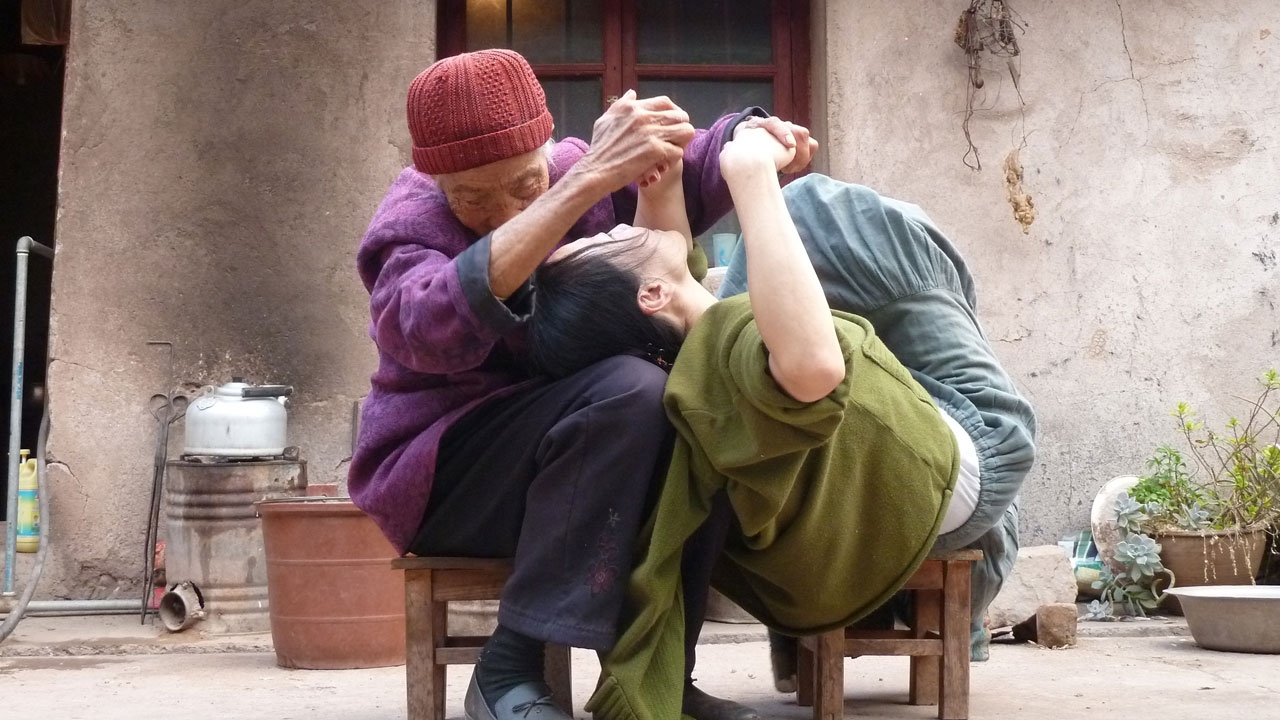Body as Archive: Body Workshop and Documentary Screening

The Asian Film and Media Initiative Presents
Body as Archive:
Body Workshop and Documentary Screening
Featuring Wen Hui, Zou Xueping and Li Xinmin
(Living Dance Studio, Beijing)
November 10
721 Broadway, 6th Floor
Since the 1990s, Wen Hui, China’s leading independent dancer, choreographer, performance artist and filmmaker, has been exploring the body as archive and medium for the remembering and recovery of personal and collective history, especially women’s history. The day will kick off with a body workshop open to all audience members. It will be followed by screenings of documentaries by the three performers/filmmakers and a roundtable discussion.
Artists’ statement on the body workshop:
“An experience of embodied communication, of affective perception of happening. You are already here when you enter. The body is the archive of individual memory, the encounter provides one with an opportunity to touch the past and understand the future. Through bodily experience and eyes’ perception we see space (which may be unlimited) and its orientations. Searching for multiple possibilities of bodily expression, participants together experiment in the process of mutual enlivening between numbness and curiosity.”
Co-sponsored by the Center for Religion and Media; Department of Performance Studies; Department of East Asian Studies; and China House at NYU.
Program
Body Workshop
11:00 am: Performance Studies Studio, 721 Broadway, Room 612
Please wear clothing suitable for easy movement.
Screenings and Discussion
Michelson Theater, 721 Broadway, 6th Floor
1:30 pm: The Village of Fools (Zou Xueping, 2014, 80min)
3:30 pm: The Monument of Huamulin (Li Xinmin, 2015, 74min)
4:45 pm: Dance with Third Grandmother (Wen Hui, 2016, 15min), followed by roundtable discussion with Wen Hui, Zou Xueping, Li Xinmin and Prof. Angela Zito (Anthropology, NYU), moderated by Prof. Zhen Zhang (Cinema Studies, NYU).
Free and open to the public.

A still from Zou Xueping's <i>The Village of Fools</i>
《傻子的村子》Village of Fools
作者:邹雪平
片长:74分钟
制作:2014
director: Zou Xueping
length: 74 minutes
made in: 2014
Synopsis:
This is my fifth time coming back to my own village, where I was born and brought up. After I graduated from college, when I was staying in my village, I was always suspected and judged by the village people. Xizhu grandpa was called ‘fool’ by other villagers, and Zengxiang aunty was looked down by others. They come into my life, and I stayed with them. Their naïve and strange thought made think about my village in a new way.
In this quite ‘normal’ village, who are normal people? In those normal people’s eyes, am I another fool of this village?
作品简介:
这是我第五次回到出生长大的村子。我这个在外上过大学的孩子,在返回村子的路上,总是被疑问和另眼相看。当被村里人称为“傻子”的西柱爷爷和被周围人看不起的增祥婶婶走进我的生活,和他们相处度过,他们的纯真和奇特的思维让我重新在看我的村子。
在这看似正常无奇的村子里头,哪些人是正常人?在那些所谓的正常人眼里,我是否是村子的另一个傻子呢?
影展及其它放映:
2014:草场地五月艺术节
2015年,台湾南方影展(获得“评审团”奖), 第三届中国女性影展冬季电影周
2016年,台湾国际纪录片影展
2015,South Taiwan Film Festival
2015, The 3th China Women's Film Festival 20
2016,Taiwan International Documentary Festival

The filmmaker, Li Xinmin.
花木林之碑
The Monument of Huamulin is my fourth documentary film.
Since 2011, I have been back to my village, where I was born and raised, to visit the old people of my grandfather's generation, listening to their stories and recording their life.
They are above 60 years old, telling me their experiences in the great famine of 1959-1961. They couldn't forget how their parents, brothers, neighbors starved to death, including my great-grandfather.
Through the stories they told, I started to think the change from past to present, and the future. Building a monument for the people dying in the great famine became my wish this year.
花木林之碑:介绍
《花木林之碑》是我的第四部纪录片。
从2011年开始,我拿起摄像机返回到自己出生长大的村子,走近我的祖辈们,记录他们的生活,听他们讲自己一生的经历。
他们60岁以上,讲述1959年-1961年“三年饥荒”的经历,最难忘的是他们的父母、兄弟和邻居被活活饿死,其中还包括我外公的父亲,也就是我的老祖。
通过他们讲述的故事,让我思考过去、未来和现实生活的改变。建立纪念碑成了我这一年的愿望。
Li Xinmin was born in a mountainous place called Huamulin in Yunnan Province in 1988, LI’s formal education stopped at fifth grade due to poverty. At the age of 16, she began working as housekeeper in urban areas and took on responsibility as a provider for her rural family.
She grew interested in documentary filmmaking and dancing at the Caochangdi Workstation and soon became a resident artist. She has completed a few documentary films, including Back to Huamulin (2011), Huamulin 2012 (2012), Huamulin, Boy Xiaoqiang (2013), and The Monument of Huamulin (2015).
Li has also participated in a series of performances. including: Memory: Hunger (2010), Memory: Monument (2012), Listening to Third Grandmother’s Stories (2012), Memory: Trash (2013), Show Me Your Wounds (2014), RED (2015), The Dining Table (2016), Ordinary People (2017), etc.
In 2018, Li collaborated with her long-time artistic partner, ZOU Xueping, on an autobiographical documentary theatre piece entitled A Journey of Returning. The piece was premiered in Penghao Theatre (Beijing).

Still from <i>Dance with Third Grandmother</i>
Dance with Third Grandmother (2015) and Listening to Third Grandmother’s Stories (2011) are documentary-style interview films that recorded the stories of Wen Hui’s third grandmother. When Wen Hui visited her family’s hometown, a small village in Yunnan, on a project, she unexpectedly met her third grandmother. Spending time with her, Wen Hui listened to her stories of tragedy and hardships that she lived through the Great Famine and Cultural Revolution in China.